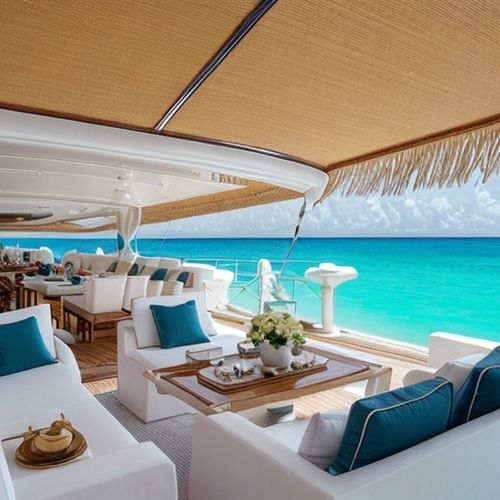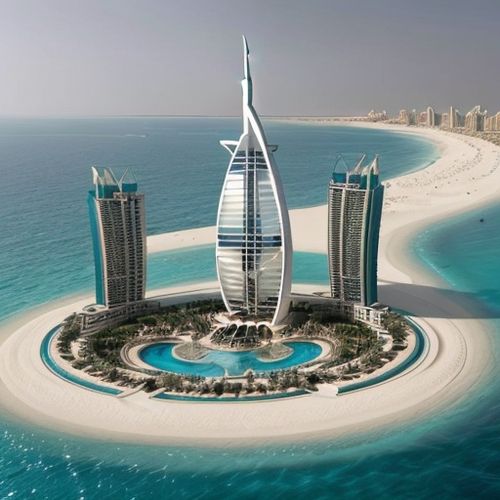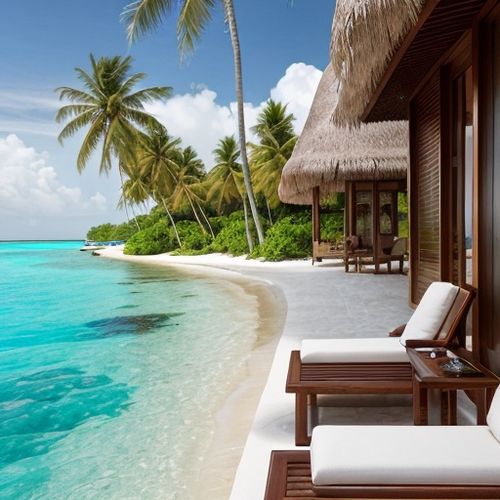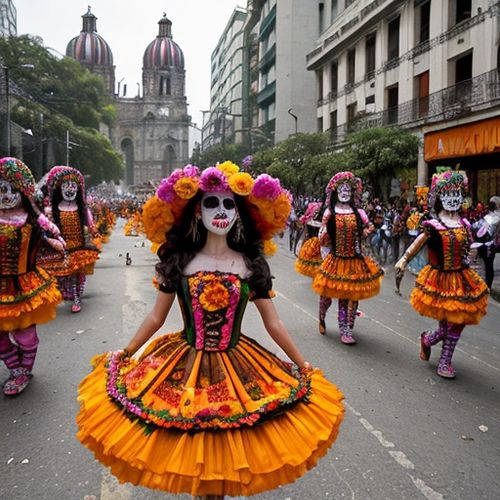The Caribbean yacht week has long been synonymous with azure waters, sun-drenched decks, and an exclusive clientele primarily from Europe and North America. However, a significant shift is underway as Chinese participation in this prestigious event has surged by an impressive 50% over the past year. This dramatic increase reflects broader trends in China’s luxury travel market and the growing appetite among its affluent citizens for high-end experiential voyages.
The allure of the Caribbean for Chinese yacht enthusiasts is multifaceted. Beyond the obvious appeal of pristine beaches and tropical climates, the region offers a level of prestige and exclusivity that resonates deeply with China’s nouveau riche. For many, owning or chartering a yacht in the Caribbean is not just a vacation but a statement of success and global sophistication. The yacht week, with its curated itineraries and high-profile social events, provides the perfect backdrop for this aspirational lifestyle.
Industry analysts attribute this surge to several underlying factors. China’s rapid economic growth over the past decade has created a substantial class of ultra-high-net-worth individuals (UHNWIs) with disposable income to spare. Unlike previous generations who favored tangible assets like real estate, younger wealthy Chinese are increasingly investing in experiences—luxury travel, fine dining, and adventure tourism. The Caribbean yacht week, with its blend of leisure and networking opportunities, fits neatly into this paradigm.
Another critical driver is the easing of international travel restrictions post-pandemic. After years of stringent lockdowns, Chinese travelers are eager to explore the world again, and many are opting for more secluded, high-end experiences over crowded tourist hotspots. The yacht week offers both privacy and exclusivity, making it an attractive option for those looking to avoid the masses while still indulging in luxury.
The role of social media cannot be overstated. Platforms like Xiaohongshu (Little Red Book) and WeChat have been flooded with glamorous posts from Chinese influencers and celebrities documenting their Caribbean yacht adventures. These posts serve as powerful marketing tools, sparking curiosity and desire among their followers. For many aspiring travelers, the yacht week has become a bucket-list item, a must-do experience to showcase on their own social media feeds.
Local businesses in the Caribbean are taking note of this trend. From yacht charter companies to high-end resorts, many are now offering Mandarin-speaking staff, customized menus featuring Chinese cuisine, and even partnerships with Chinese payment platforms like Alipay and WeChat Pay. These efforts are aimed at making Chinese visitors feel more at home and encouraging repeat visits. The economic impact is palpable, with marinas and luxury retailers reporting a noticeable uptick in revenue attributed to Chinese clientele.
However, this rapid growth is not without its challenges. Cultural differences and language barriers can sometimes lead to misunderstandings, and not all service providers in the Caribbean are equipped to cater to the specific preferences of Chinese guests. There’s also the issue of sustainability—the increased traffic of luxury yachts raises concerns about environmental impact, particularly in fragile marine ecosystems. Stakeholders are now grappling with how to balance growth with conservation.
Looking ahead, the trajectory seems clear. With China’s luxury market showing no signs of slowing down and the Caribbean’s enduring appeal, the convergence of these two forces is likely to reshape the yacht week experience. Some predict that within the next five years, Chinese participants could rival or even surpass traditional Western attendees in numbers and spending power. For now, the 50% increase is a harbinger of things to come—a testament to the globalization of luxury and the ever-evolving tastes of the world’s wealthiest travelers.
The Caribbean yacht week, once a niche event for a select few, is now a global phenomenon. As Chinese participation continues to rise, the event’s organizers and host destinations will need to adapt to this new reality, ensuring that the delicate balance between exclusivity and accessibility is maintained. One thing is certain: the sun-soaked waters of the Caribbean have never been more inviting—or more lucrative.

By Jessica Lee/May 20, 2025

By Victoria Gonzalez/May 20, 2025

By Christopher Harris/May 20, 2025

By Sophia Lewis/May 20, 2025

By Natalie Campbell/May 20, 2025

By Christopher Harris/May 20, 2025

By George Bailey/May 20, 2025

By Sarah Davis/May 20, 2025

By Daniel Scott/May 20, 2025

By Benjamin Evans/Apr 11, 2025

By Emily Johnson/Apr 11, 2025

By Sophia Lewis/Apr 11, 2025

By Emma Thompson/Apr 11, 2025

By Noah Bell/Apr 11, 2025

By James Moore/Apr 11, 2025

By Christopher Harris/Apr 11, 2025

By Christopher Harris/Apr 11, 2025

By Daniel Scott/Apr 11, 2025

By Grace Cox/Apr 11, 2025